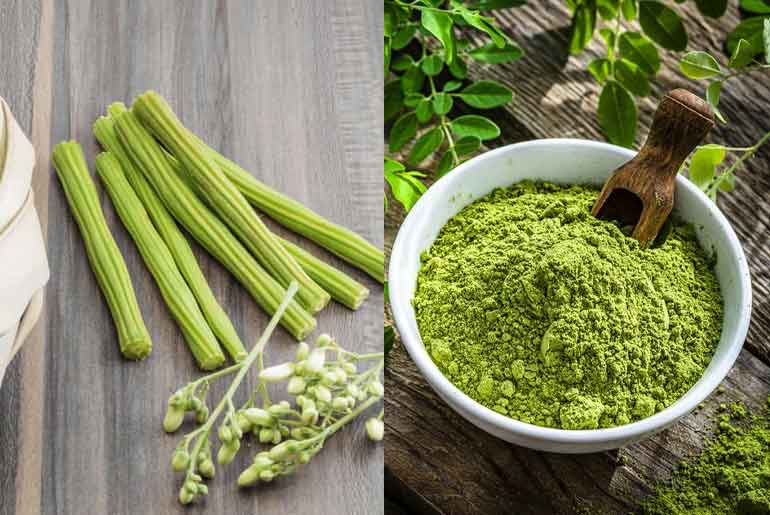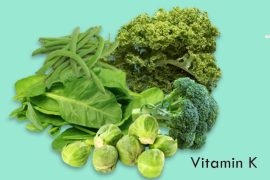Moringa, also known as Moringa oleifera, is a plant that is native to parts of Africa and Asia. It is often referred to as the “drumstick tree” or “miracle tree” due to its wide range of potential health benefits. While some claims about Moringa’s benefits may be exaggerated, there is scientific evidence supporting several health-promoting properties. Here are some potential benefits of Moringa and suggestions on how to consume it:
Benefits of Moringa:
- Nutrient-rich: Moringa leaves are a rich source of essential nutrients, including vitamins (such as vitamin A, vitamin C, and B vitamins), minerals (such as iron, calcium, and potassium), and protein.
- Antioxidant properties: Moringa is high in antioxidants, such as quercetin, chlorogenic acid, and beta-carotene, which can help neutralize free radicals in the body and reduce oxidative stress.
- Anti-inflammatory effects: Some studies suggest that Moringa may have anti-inflammatory properties, which could be beneficial in managing inflammatory conditions.
- Blood sugar control: Several studies have indicated that Moringa may have a positive impact on blood sugar levels, potentially helping to manage diabetes. However, more research is needed to fully understand its effects and establish recommended doses.
- Cholesterol-lowering effects: Moringa may have a modest effect on reducing cholesterol levels, which could contribute to cardiovascular health.
- Antibacterial and antimicrobial properties: Moringa has been studied for its ability to inhibit the growth of certain bacteria and fungi, which may have implications for preventing infections.
How to Consume Moringa:
- Fresh leaves: Moringa leaves can be consumed fresh, either raw or cooked. They are commonly added to salads, soups, or stir-fried dishes.
- Dried leaves: Moringa leaves can be dried and ground into a powder. This powder can be added to smoothies, juices, or sprinkled on food.
- Moringa tea: You can make tea by steeping dried Moringa leaves in hot water. This is a popular way to consume Moringa and is believed to retain many of its beneficial properties.
- Capsules or supplements: Moringa supplements, available in capsule or powder form, provide a convenient way to incorporate Moringa into your diet. However, it’s important to follow recommended dosage guidelines.
Cautions:
- While Moringa is generally considered safe when consumed in moderation, excessive intake may lead to digestive issues.
- Pregnant women are advised to avoid Moringa supplements, as it may have uterine-stimulating properties.
- If you have any pre-existing health conditions or are taking medications, it’s crucial to consult with a healthcare professional before adding Moringa supplements to your routine.
It’s essential to note that while Moringa shows promise in various health aspects, more research is needed to establish definitive recommendations and understand its long-term effects. As with any supplement or dietary change, it’s wise to consult with a healthcare professional for personalized advice based on your individual health needs.
Disclaimer:
The information contained in this article is for educational and informational purposes only and is not intended as a health advice. We would ask you to consult a qualified professional or medical expert to gain additional knowledge before you choose to consume any product or perform any exercise.







